The Supreme Court is set to deliver a landmark ruling on President Trump's authority to impose tariffs under the International Emergency Economic Powers Act (IEEPA), a statute granting the president emergency powers. The case, which has been ongoing for months, has significant implications for the global economy and trade policies. At stake are billions of dollars in tariffs imposed by President Trump, which could be refunded if the Court strikes them down.
The Supreme Court heard arguments on this case in November 2025, with a decision expected in the coming weeks. Jennifer Hillman of the Council on Foreign Relations has stated that the case tests the Constitution's grant of trade powers to Congress and could trigger up to $100 billion in tariff refunds if the Court strikes the tariffs down. Former Treasury Secretary Larry Summers has also weighed in, calling tariffs a "self-inflicted supply shock" that raises prices and slows growth.
The immediate impact of a ruling against President Trump's tariffs could be significant, with businesses and consumers potentially benefiting from lower prices and increased trade. However, the decision could also have far-reaching implications for the global economy and trade policies, potentially leading to changes in the way the United States approaches trade and tariffs.
In the background, the case is part of a larger debate over the balance of power between the executive and legislative branches of government. The IEEPA statute, which has been used by multiple presidents to impose tariffs and other economic sanctions, has been the subject of controversy and debate. Critics argue that the statute gives the president too much power and undermines the Constitution's grant of trade powers to Congress.
As the Supreme Court deliberates, businesses and trade experts are holding their breath, waiting to see the outcome of the case. A decision is expected in the coming weeks, and its implications will be felt far beyond the United States.




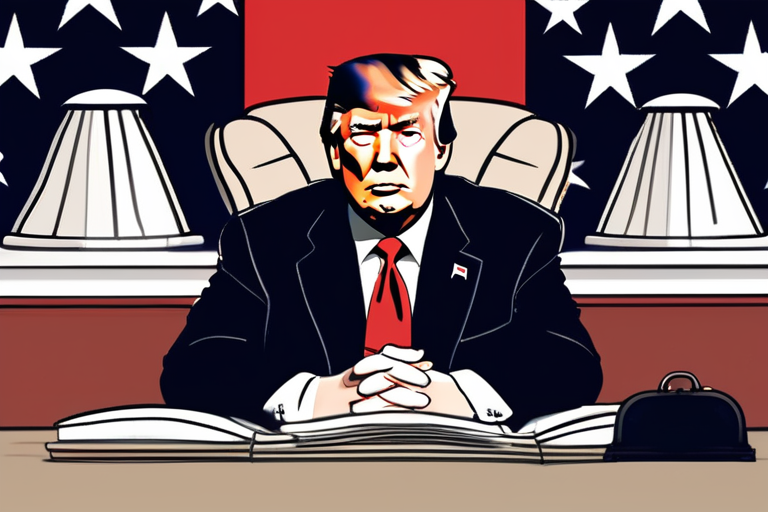



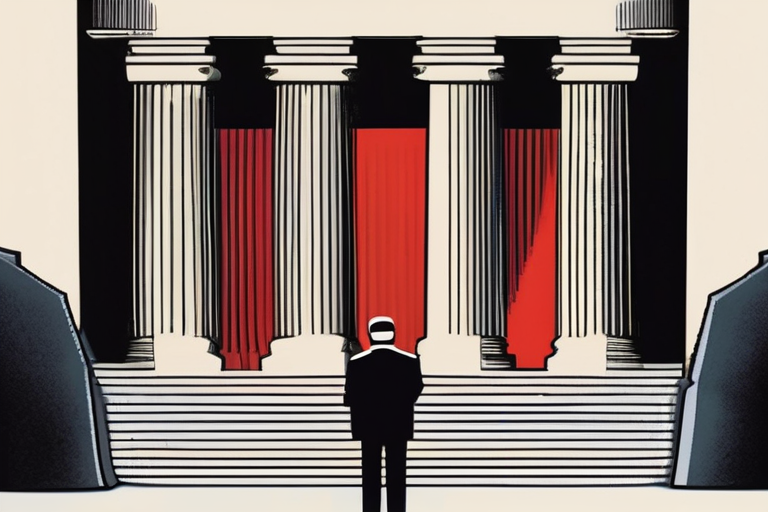

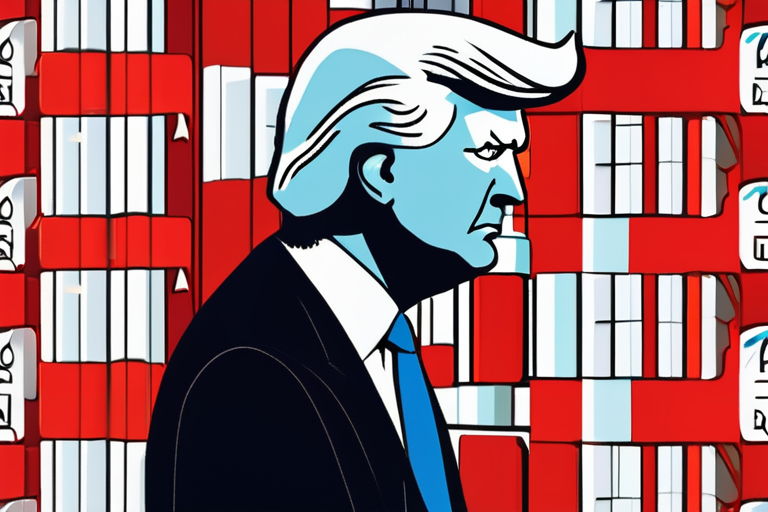

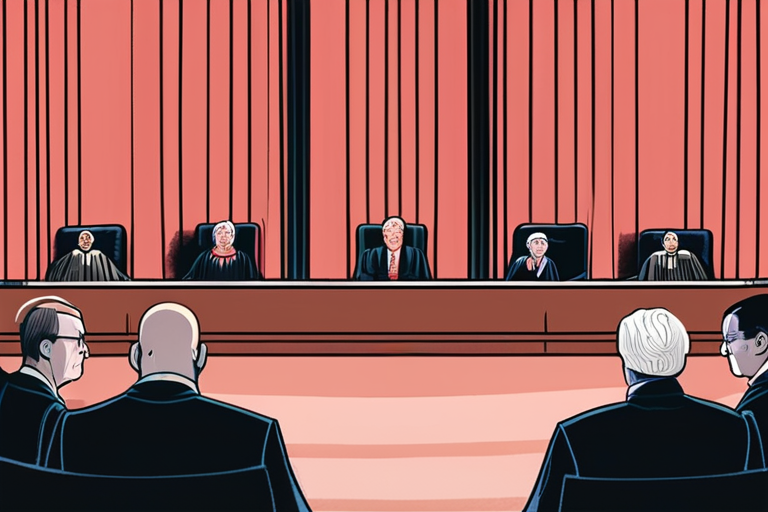
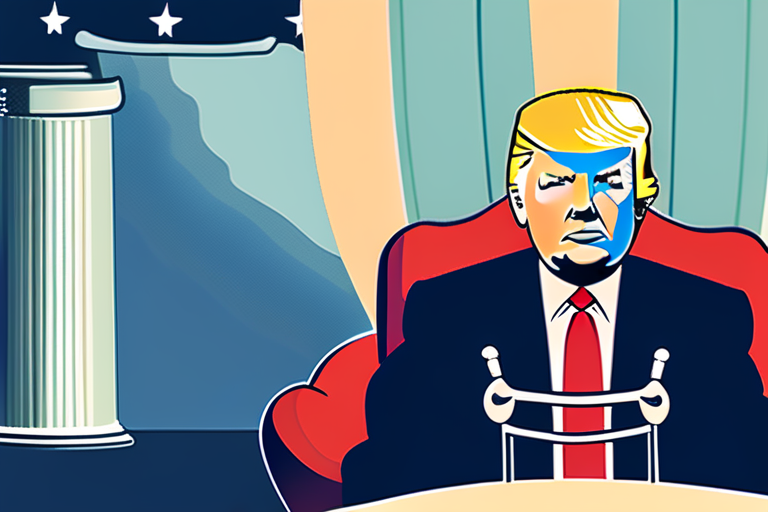
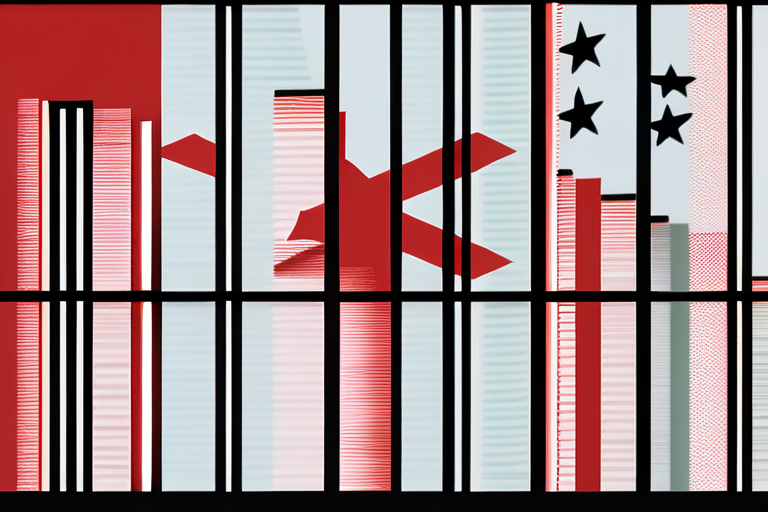
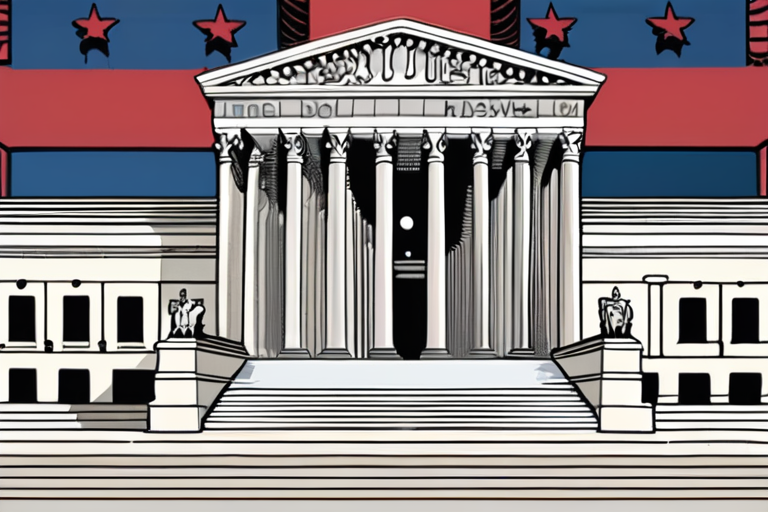

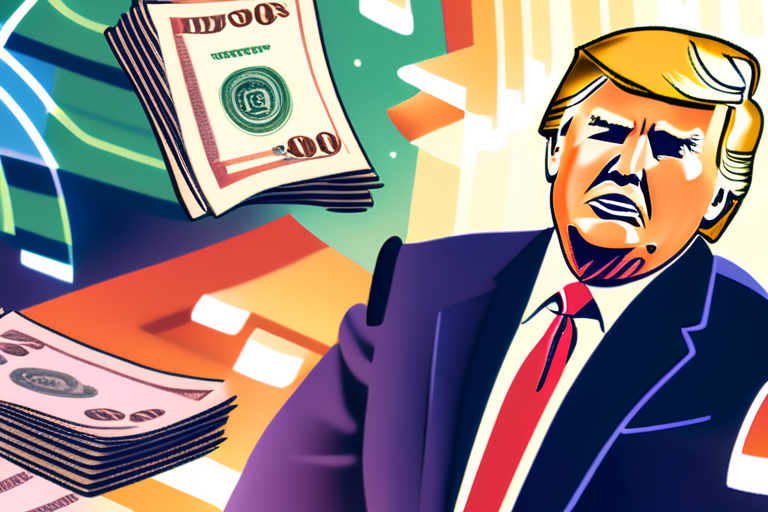
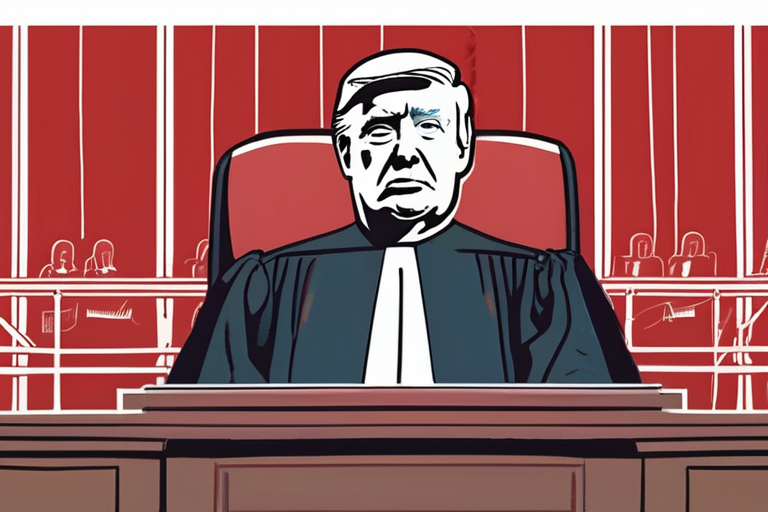




Share & Engage Share
Share this article